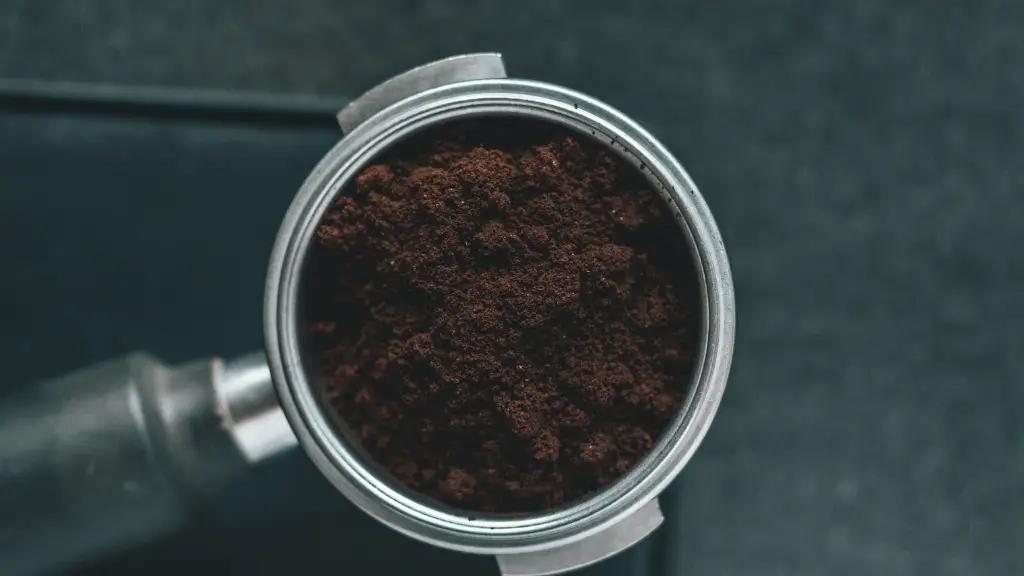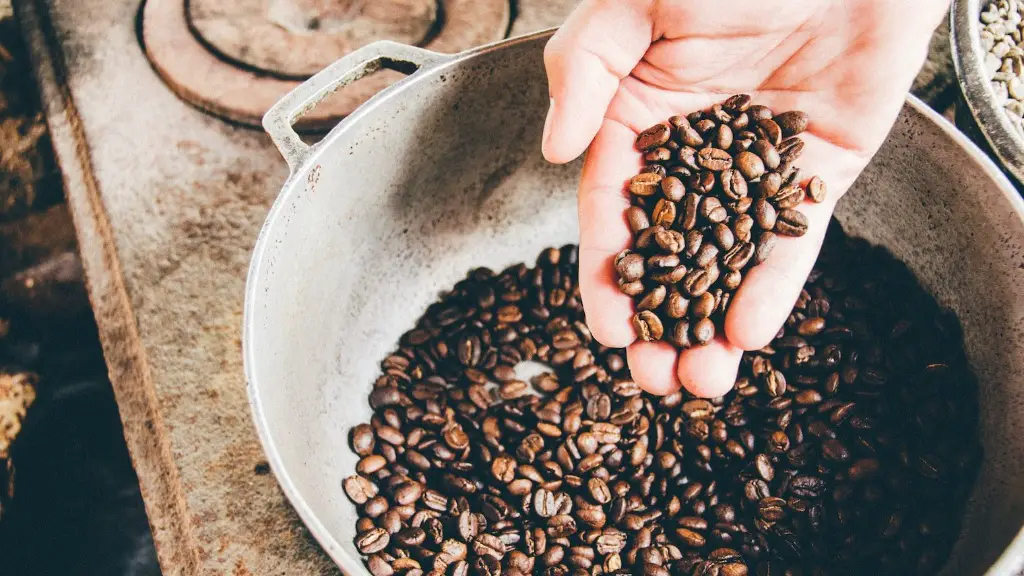Is drinking coffee bad for teenagers? This is a loaded question. On one hand, coffee is known to contain some stimulant properties, while on the other, teenagers are known to prefer sweet, sugary drinks. However, with an increasing number of kids and young adults drinking coffee, the question of its impact on teenage health is a pressing one.
To begin with, it is worth noting that the average cup of coffee contains a significant amount of caffeine, which is a stimulant drug that can cause changes in body chemistry, including an increase in nervous system activity and heart rate. Additionally, caffeine can cause changes in blood pressure and has been linked to a higher risk of developing type 2 diabetes. Therefore, it is important to note that caffeine can potentially have negative effects on young people’s physical health.
In terms of the mental effects of coffee on teenagers, research has found that drinking coffee can have both positive and negative impacts. On the positive side, the stimulant properties of caffeine can increase alertness, focus and improve concentration, which can be beneficial for students in an academic setting. On the other hand, too much caffeine can lead to anxiety, difficulty sleeping, and restlessness.
Interestingly, research has also found that teenagers are turning to coffee as a source of energy. It has been reported that some young people are using coffee to counter fatigue, particularly during various high pressure situations such as academic exams and job interviews. This can be a dangerous practice, as teenagers may come to rely on coffee as a source of energy, leading to dependency and sleep problems.
It is important to note that the exact impacts of coffee on teenagers may vary depending on individual factors. Age, body weight, caffeine sensitivity, amount of caffeine consumed and the source of the caffeine are all important considerations in determining its effects on young people. Generally speaking, it is not recommended for teenagers to consume excessive amounts of coffee, as this could have a negative effect on their health.
Caffeinated Beverages Alternatives
If teenagers are looking for an alternative to drinking coffee, there are a number of other caffeinated beverages available. These drinks, such as energy drinks and sodas, may offer a similar level of energy but without the potential health risks associated with coffee. Alternatively, some non-caffeinated drinks, such as herbal tea, fruit juice and water, can also offer a source of energy and hydration that does not place the same level of stress on the body as coffee.
How Much Coffee is Too Much?
It is difficult to determine exactly how much coffee is too much for a teenager. Generally speaking, however, most health authorities recommend limiting caffeine intake to no more than 400 milligrams per day. It is also important to be aware of the other sources of caffeine in one’s diet, such as energy drinks and soda. Additionally, coffee consumption should not interfere with sleep, as lack of sleep can have a number of negative effects on physical and mental health.
Nutritive Value of Coffee
Some people may argue that coffee, like all beverages, has some nutritional value. After all, coffee does contain some antioxidants, as well as chlorogenic acid, which has been linked to potential health benefits. Nevertheless, it is important to remember that coffee is not a substitute for a healthy diet and does not have the same level of nutrients as other beverages, such as water, juice or milk.
The Impact of Coffee Advertising
It is also worth noting that the ubiquity of coffee advertising may be contributing to the increased consumption of coffee among young people. Coffee companies are increasingly targeting young people with their advertisements, often featuring models and celebrities to make coffee appear socially desirable and fashionable. This could be encouraging teenagers to drink more coffee than is healthy, without fully considering the potential health risks.
Educating Young People About Coffee Consumption
Given the potential health effects of coffee consumption and the increasing popularity of the drink among young people, it is important to educate teenagers about the potential harms of consuming too much coffee. Schools and parents should be aware of the potential dangers of consuming too much coffee and should be proactive in educating young people about the need to monitor and limit their coffee intake. Additionally, teachers, coaches and other adults should provide teenagers with alternative sources of energy, such as healthy food and regular exercise, instead of relying solely on coffee.
The Role of Parents
Ultimately, it is up to the parents to ensure that their children are not consuming too much coffee. Parents should talk to their children about coffee consumption and use their influence to encourage young people to consume coffee in moderation. Additionally, parents should try to model healthy coffee consumption habits themselves and provide their children with healthy alternative sources of energy.
Regulating Coffee Companies to Reduce Access for Young People
Finally, governments should consider regulating coffee companies to reduce teenagers’ access to coffee. This could include restricting the marketing of coffee to young people, or raising the legal age for purchasing coffee. Ultimately, by making coffee less accessible to teenagers, governments can help to ensure that young people are consuming coffee in a safe and healthy manner.



